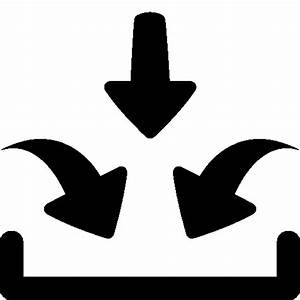
Use a or an with singular count nouns that are not specific. Use the with specific nouns (singular, plural, or non-count).
A town needs a good transportation system to grow. The transportation system in my town is very efficient.
The use of a or an depends on the sound not the way a word is written. If you refer to a singular count noun which is not specific, you must identify if it starts with a vowel sound (a, e, i, o, u). For example: an apple, an elephant, an igloo. However, we can find words such as university the first letter is a vowel but it is not pronounced as a vowel sound it sounds like ( jiu ), therefore we say a university.
Use a or an the first time you mention a singular count noun. Use the when you mention it again. Do not use a or an with non-count nouns or with plural nouns.
There is a beautiful art gallery in my city. If you visit my city, you should definitely to and see the art gallery.
Do not use an article with plural nouns or non-count nouns when you mean things in general. Use the when you are being specific.
Large cities are usually quite stressful places to live.
Use the when there is only one of something, with superlatives and with first, last, next, and only.
In my opinion, Paris is the most beautiful city in the world. It is the first place I will visit on my trip to Europe.
Do not use an article before a noun that is preceded by a possesive adjective (such as my), demonstrative adjectives (such as this or that), or quantifiers (such as no, some, or any).
When I was a student at that university, I traveled with my friend in Europe and we visited some amazing cities.
Use the after some of, all of, none of.
Some people were friendly to us. Some of the people were not that talkative.
Some common types of nouns do not use any articles. These include:
Names of academic subjects (such as Geography), languages (such as Spanish), sports (such as basketball).
Many geographical place names use the. This include: Names of oceans (the Pacific Ocean), mountain ranges (the Rockies), rivers (the Mississippi), deserts (the Sahara), and points on the globe (the North Pole).
Do not use the with names of continents (Asia), countries (Candada), states (Arizona), cities (New York), or streets (Fifth Avenue).
An exception for this rule is the United States.